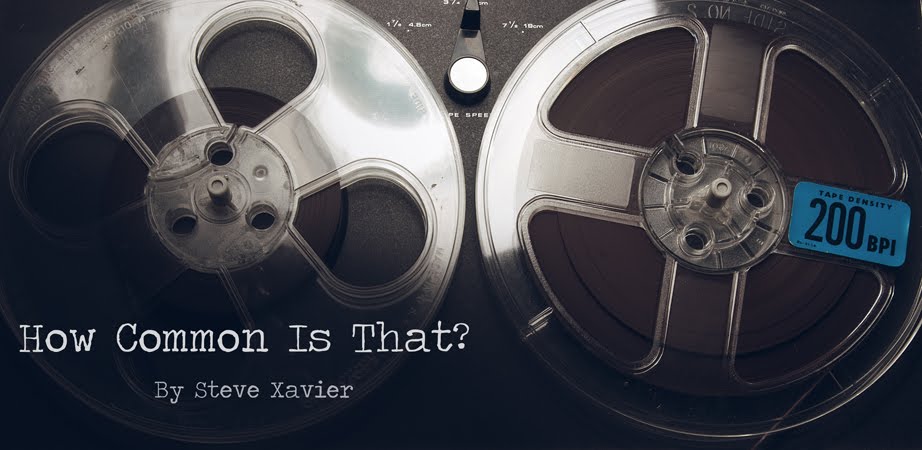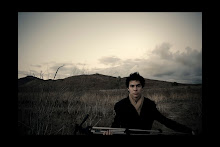The reason lies in compression of the overall mix. This is a dangerous subject. Before I go any further, let me say that loudness is a psychoacoustic phenomena that initially leads you to believe that a song sounds "better", but over a period of time, it becomes fatiguing to the ear, and that's probably why you don't listen to popular music on the radio for very long. If you take a popular song and turn it down to the loudness (unmeasurable and only perceived by the listener) to roughly the same as the mix that you have done, you'll notice that your mix is much more defined, and clear, and has much more impact. That's because it has more dynamic range. (I'm saying all this assuming your mix is a quality mix, which I'm sure it is.) Any compression to your mix will degrade the quality. Actually, any processing to the signal will degrade it, but sometimes these degradations are what we like.
Compression is a form of dynamic range reduction. You've probably acted is a form of compressor yourself, if you've ever turned down your volume knob when a song jumps into a loud section, or turned it up if you couldn't hear something clearly. A compressor works on a ratio basis. If the signal goes above a certain level, called the threshold, then the signal passing through will be reduced by the amount of the ratio applied. For example, if we have a compressor on a 2:1 ratio, then every 2 dB louder than the threshold will come out of the compressor as 1 dB. If it were 4 dB going in, you'll get 2 dB coming out. The compressors put on most pop/rock music today has a ratio of 8:1 or higher. That means as soon as you pass the threshold in amplitude, you have to pass it with 8 dB or more to get 1 dB of dynamic range, which isn't a lot.
Think of it like this; imagine a person whispering to you from across a quiet room, and then all of a sudden starts yelling at you in your face. You can imagine how much of an impact yelling in your face would suddenly be. Now imagine that when they're yelling, they aren't any louder than when they were whispering. Compression actually turns down the amplitude of the louder portions of the song, and then the whole level is brought up. So now the person is whispering as loud as they yell, which I've actually heard on a song before, so if you thought it was a ridiculous analogy, well, you're right. It's retarded.
I'm not saying that compression is a bad thing. I <3 compression. If you need to even out a sporadic drummer hitting a snare with uncontrolled attack, then a compressor can easily bring all those down to roughly the same amplitude. Heavy compression with high ratios on the entire mix is something to watch out for though. Like I said before, a high amount of compression will allow you to raise your levels to an unholy average level, but it's going to mess with people's ears, and it will be fatiguing to listen to. You'll keep turning it down, and it will still sound too loud. Have you ever heard Metallica's newest album? I think it flat out won the Loudness War, and no one else wants to compete with it, because that much compression just sounds like fecal matter being processed through a meat grinder.
If you use a compressor on your stereo bus for the output of your mix, please use it sparingly. People like dynamic range, and the more you compress, the less dynamic range you are giving someone. The "downside" to dynamic range is the apparent average loudness of the song. If you want your song to be louder, locate your volume knob and turn it clockwise until the desired amount of amplitude is reached. Seriously, stop being so lazy.
OMGZ it's taking over! Here I have taken a song and went all Metallica style on it. (The red portion is the overly compressed, and the dark blue portion is the normal uncompressed music.) You can see that the one guitar intro to the song in the over-compressed portion of the song is louder than the loudest part of the song. And then you have zero dynamic range when you get into the verse right before the loud portion. Now the chorus will have no impact. Don't do this. It's about as dumb as not having breaks on your bicycle.



Thanks for this really helpful post. This is solid, plain English advice on a very important topic. I'm a self-taught beginner at home recording who's experienced the disappointment of something sounding nice and big before mixdown only to seem pale in the end. I enjoy teaching myself through trial and error but something like that can be really discouraging.
ReplyDelete